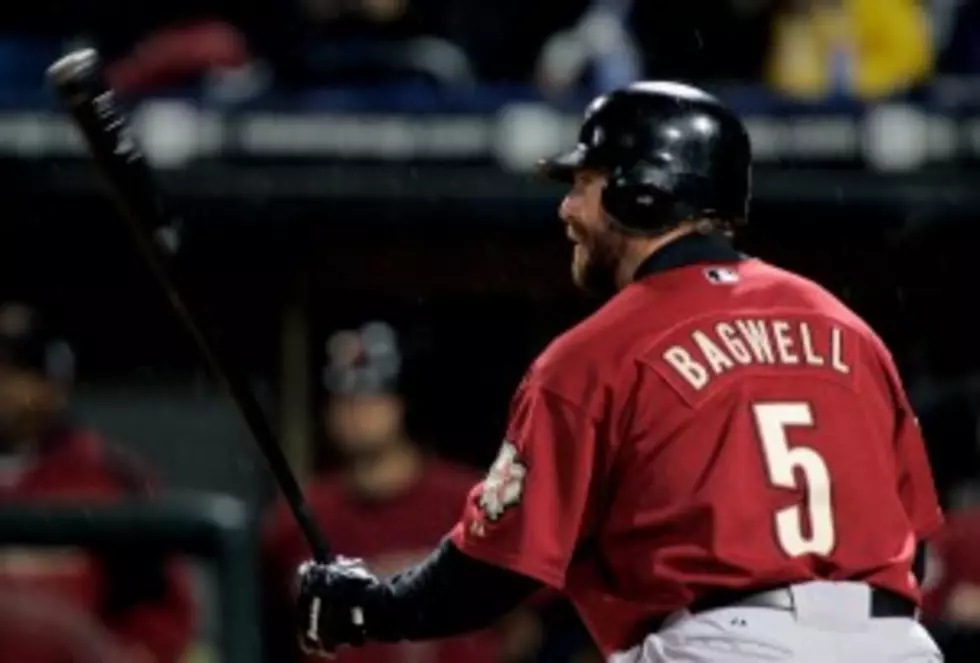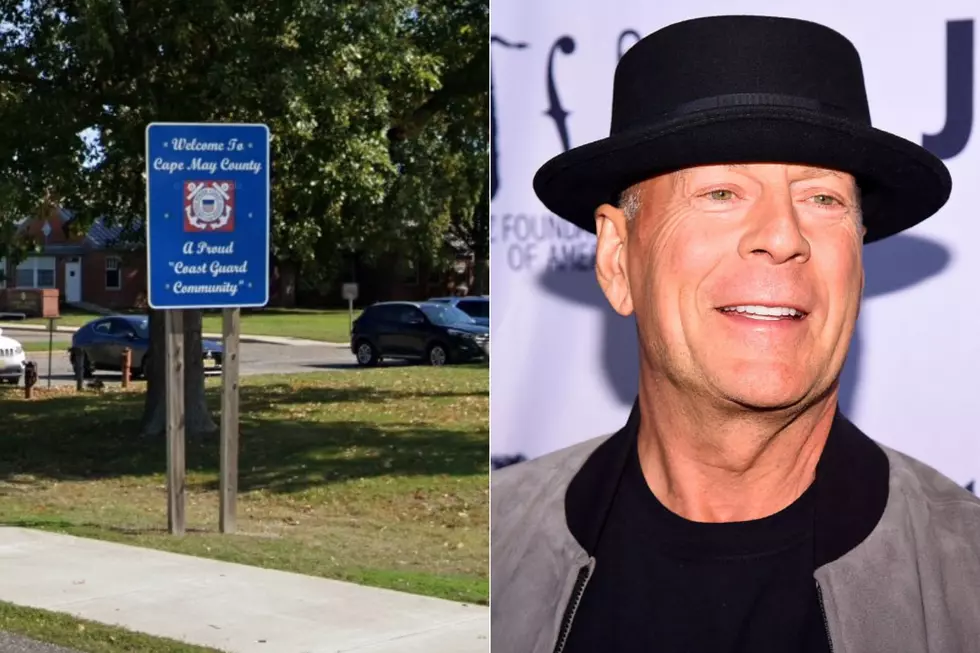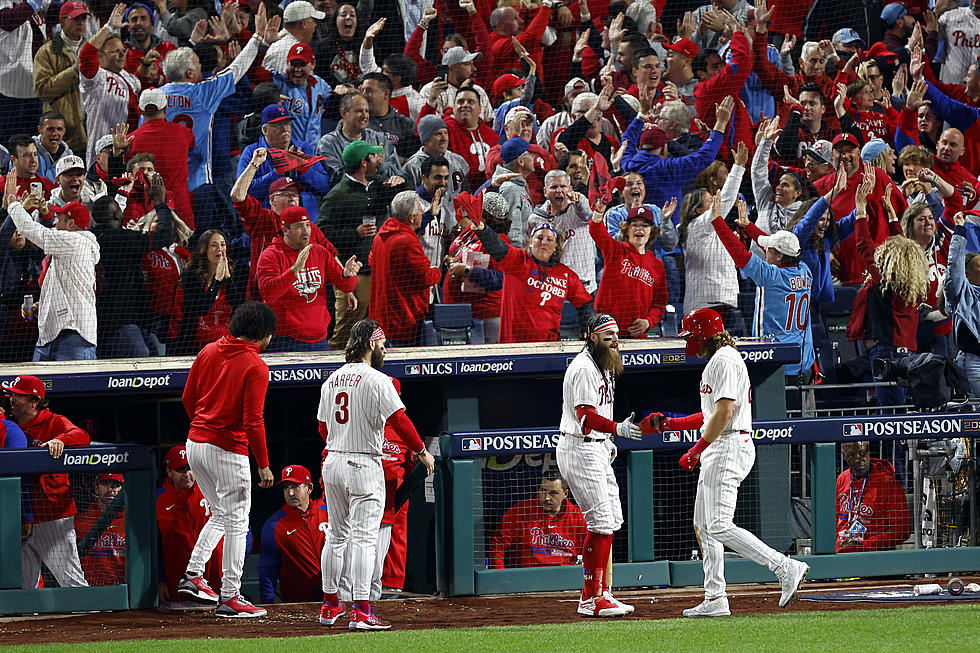
My 2012 Hall Of Fame Ballot
Ever since I was young, the voting process for the Baseball Hall of Fame has fascinated me. Writers take so much pride in their ability to shape how the greats of the game will be viewed by future generations. Columns and articles will fade from memory, but the collective power Hall of Fame voters yield on their annual ballot make Cooperstown what it is, and ultimately, what it isn't.
On Wednesday, the Baseball Writers' Association of America released the full ballot for the 2012 induction class. Two American League batting champions, two league leaders in runs batted in and a winner of the Jackie Robinson Rookie of the Year Award are among 13 new candidates on the 2012 Hall of Fame ballot mailed this week to approximately 600 voting members of the Baseball Writers’ Association of America.
The results will be unveiled on Jan. 9th, 2012, but who wants to wait that long to talk about this? Here is my ballot.
*Voters are allowed to vote for up to ten candidates
Welcome to Cooperstown, fellas:
1. Jeff Bagwell: (2nd year)
Numbers: 449 home runs, 1529 RBI, 1517 runs, .297 batting average, .408 on base %, .540 slugging %
Awards: 1991 Rookie of the Year, 1994 MVP, 4x All-Star, 3 Silver Sluggers, one Gold Glove
Bagpipes was one of the most complete players of a generation. His five tool ability was uncanny for a 1st baseman. 202 steals and above average defense made him the total package. His late career back issues robbed him of milestone numbers, but his dominance during his prime was as good as anyone. Baseball statistician Bill James, in his 2001 edition of the New Historical Baseball Abstract, listed Bagwell as the fourth best first baseman of all time. Billy has a point. His strike shortened 1994 season had the potential to be one of the best of all time. Bagwell took home a gold glove, silver slugger, and MVP. His .368-39-116 in only 110 games put him on a pace for around 60 homers and 170 RBI's. He set, and still holds, the record for the fewest plate appearances in a season with at least 100 runs and RBIs. He became the first National Leaguer to finish first or second in batting average, home runs, RBI, and runs scored since Willie Mays in 1955. Bagwell had nine seasons with over 30 home runs, eight seasons with 100 or more RBI, and nine seasons with over 100 runs scored. He drew at least 100 walks for seven straight seasons, and had six seasons with a .300 batting average.
2. Barry Larkin: (2nd year)
Numbers: 2340 hits, 1329 runs, 198 homers, 960 RBI, 379 stolen bases, .295 batting avg.
Awards: 12x All-Star, 9 Silver Sluggers, 3 Gold Gloves, 1995 MVP
It's taken me a long, long time to recognize Larkin's candidacy. For years, I was unfairly comparing Larkin to the trio of young, great shortstops that entered the league as he left his prime. My first vivid baseball memories are of Rodriguez, Jeter, and Garciaparra leaving Larkin in the dust. If Ripken was the AL version of the new prototype offensive shortstop, Larkin was the NL version. He hit .353 in the 1990 World Series to help propel Cincinnati to their only post-Big Red Machine title. On June 27–28, 1991 Larkin became the first shortstop ever to hit five home runs in the span of two consecutive games. In 1995, Larkin was sixth in batting (.319) and second in stolen bases (51) to win the National League's MVP award, the first by a shortstop since Maury Wills in 1962. Even after the careers of Jeter and Rodriguez surpassed him, you can make the argument that Larkin is one of the 10 best shortstops to ever play the game.
3. Tim Raines: (4th year)
Numbers: 2605 hits, 1571 runs, 170 homers, 980 RBI, 808 stolen bases, .294 batting avg., .385 on base percentage
Awards: 7x All-Star, 1 Silver Slugger, one batting title
If it wasn't for Rickey Henderson, the moniker of "greatest leadoff hitter ever" would belong to Rock Raines. 808 stolen bases is peanuts compared to Rickey, but more than about 99% of others in history. He was overlooked in the 80's because he played in Montreal and was putting up "Moneyball" stats. His five year run from '83-'87 produced a .406 OBP and 568 runs. It is amazing to research how much this guy was disrespected through his entire career. He was the ROY runner up in 1981 because of Fernandomania, left out of awards discussions because of early career cocaine issues, and was colluded against by owners during free agency despite coming off of a .334/.413/.476 season with a 70 stolen bases. Raines was one of the best switch hitters in history of the game, the second greatest Expo behind Vlad, a World Champion with the Yankees, 40th all time in win shares, the second most efficient base stealer in history, and should be a future Hall of Famer.
Sorry, guys:
Returning on the ballot -
-Larry Walker: He was Ted Williams in Coors, Jason Bay away from Coors.
-Edgar Martinez: Great, great hitter in his prime. He just didn't do enough to offset being a full time DH.
-Alan Trammel: A good glove and one special offensive season doesn't get my vote.
-Rafael Palmeiro: Will probably go down as the best all around first basemen to miss out on Cooperstown. Even with the gaudy numbers, he never commanded the "it" factor.
-Juan Gonzalez: Will probably join Dale Murphy and Roger Maris as the only multiple time MVP's not in the hall.
-Mark McGwire: I would have called you crazy during the summer of '98 if you said his candidacy would one day be a joke.
-Fred McGriff: Always thought of him as a really, really good player rather than a great one. Wouldn't be shocked to see Crime Dog in, but I would be surprised. Trying to hang on for #500 was lame.
-Dale Murphy: Missed his career, but .265 hitters better have at least 400 homers to get my attention. Had four big years in the 70's and only hit over .300 once.
-Don Mattingly: Best player in baseball for a brief time in the 80's. His combination of bat and glove would have put him in if not for his back problems.
-Jack Morris: The big game pitcher. His 3.90 era ruins his candidacy, but he was the best pitcher for a decade.
-Lee Smith: 478 saves made him valuable, not special.
New to the ballot -
-Bernie Williams: From 1995 through 2002, he averaged .321/.406/.531 with 105 runs and 102 RBIs per season. He won four Gold Gloves, despite his weak throwing arm. If his shoulders didn't cause his decline at age 33, he might have compiled enough stats to get in. One of my favorite players ever.
-Tim Salmon: Never came close to approaching his '95 season (.330/.429/.594), but does have the distinction of playing for the same franchise (California Angels/Anaheim Angels/Los Angeles Angels of Anaheim), through three name changes. He's undoubtedly an Angel Hall of Famer.
-Ruben Sierra: He had one great season in 20 years. Heck of a switch hitter, though.
-Brad Radke: He was good. Not bad, not great. Brad Radke was a good pitcher.
-Tony Womack: A part of me always thought he should have been better than he was.
-Eric Young: Big E was much better than people give him credit for.
-Phil Nevin: The first six picks of the '92 Amateur Draft: Nevin, Paul Shuey, B.J. Wallace, Jeffery Hammonds, Chad Mottola, Derek Jeter
-Terry Mulholland: 122-142 with a 4.41 earned run average describes him perfectly.
-Bill Mueller: Thing that might only interest me about this player - 1. There have been three Bill Mueller's in Major League history 2. He hit over .300 only twice in his career; his rookie season of '96 and batting title championship season of '03.
-Javy Lopez: One of the better hitting catchers in history, but I just never took him seriously.
-Brian Jordan: Baseball-reference.com has him ranked as the 491st batter of all-time. Not quite Hall worthy. He was a pretty good Falcons defensive back, though.
-Vinny Castilla: An original Colorado Rockie.
-Jeromy Burnitz: I can't imagine he gets one vote next month.
More From 97.3 ESPN









